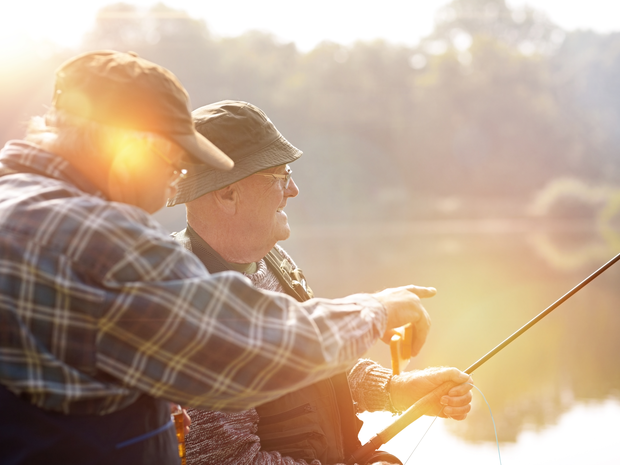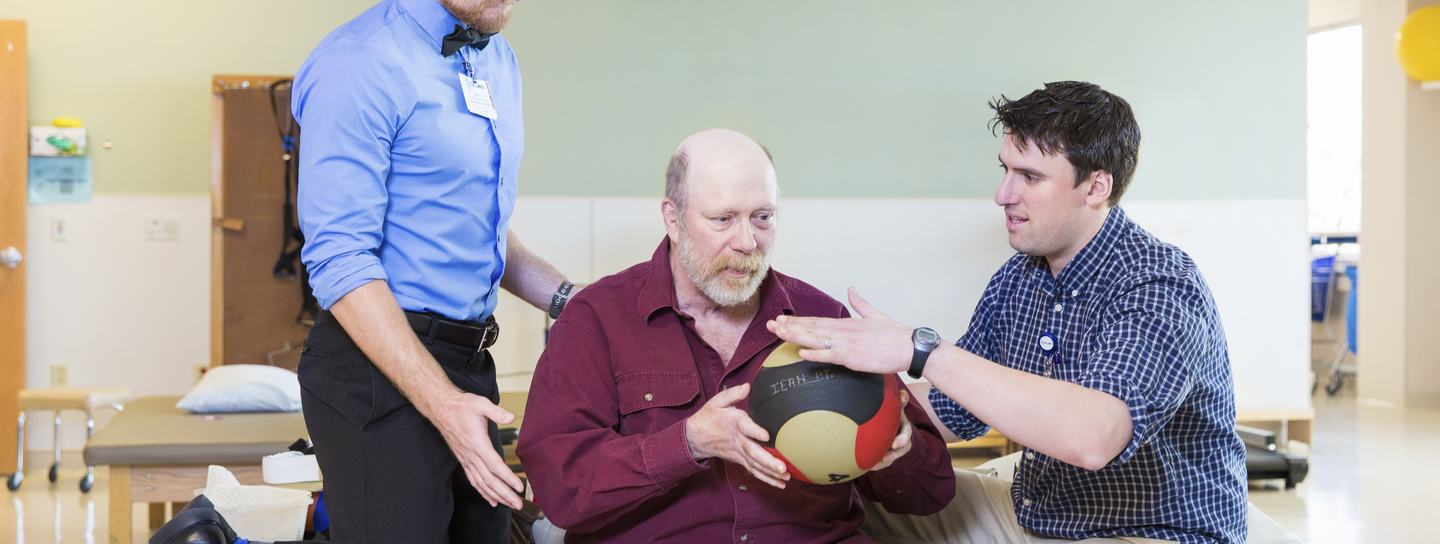
Neurologic Rehabilitation

Neurologic Rehabilitation
Supporting Your Long-Term Goals
Every day, we’re learning new ways our neurologic system can heal. Our team uses both experience and the latest research to help you recover after a traumatic event or maintain/improve function when dealing with a chronic condition, such as Parkinson’s disease or multiple sclerosis. Our team will work with you, your family, and your broader team of physicians to design a care plan that will best meet your short- and long-term goals.
Our inpatient programs have outcomes higher than the national average. This means that our patients are more likely to return to home and have higher levels of function. Our outpatient programs offer the same quality of care to improve function and quality of life, whether you’ve been an inpatient with us or not.
Related Programs
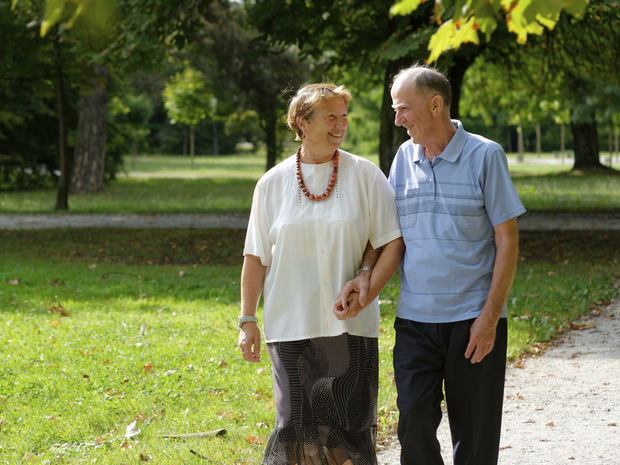
LSVT LOUD and LSVT BIG
These speech and physical therapy programs can help significantly enhance quality of life for patients with Parkinson's disease.
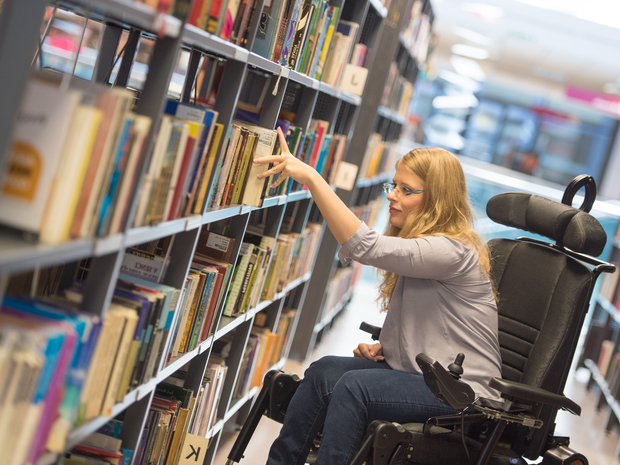
Recreational Therapy
Recreational therapy is a form of rehabilitation that uses enjoyable, goal-oriented activities to support physical, emotional, and social recovery. It plays an important role in your healing after an injury, helping you reconnect with the things you love and guiding you back into your community.
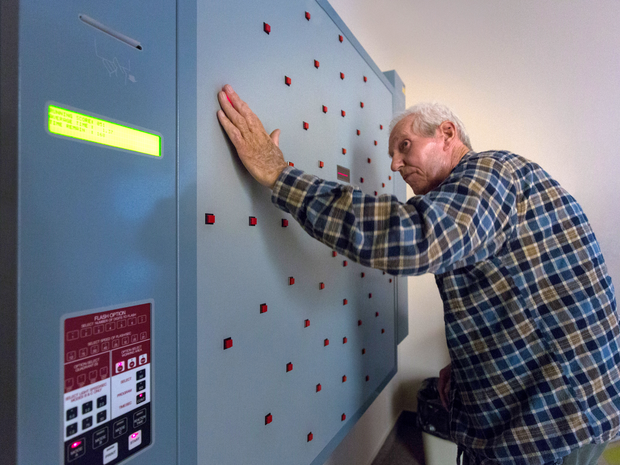
Traumatic Brain Injury Program
Comprehensive inpatient and outpatient care to assist your recovery. Outpatient care is also available for anyone who did not require hospitalization, but wants to minimize long-term effects of injury.
